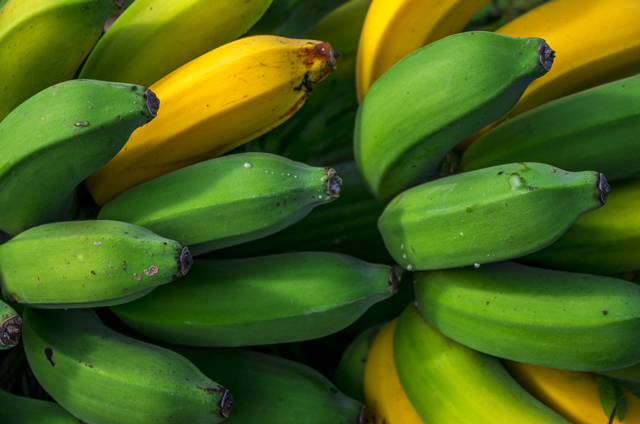Consumption of vegetables, fruit, and whole grains found to reduce risk of stroke and depression
03/17/2018 / By Michelle Simmons

A study conducted by researchers at Rush University Medical Center has found that eating a diet rich in vegetables, fruit, and whole grains plays a role in preventing depression.
- In this study, researchers analyzed the effect of diets in preventing depression. This builds on previous research that linked healthy lifestyle changes to lower rates of depression.
- The team assessed 964 participants of the Rush Memory and Aging Project with an average age of 81 yearly for about six and a half years.
- They observed if the participants showed symptoms of depression, and asked them to complete questionnaires about their diets.
- Afterward, they analyzed how closely the participants’ reported diets followed diets such as the Dietary Approaches to Stop Hypertension (DASH), the Mediterranean diet, and the traditional Western diet – which is rich in saturated fats and red meats and low in fruits and vegetables. The DASH diet, on the other hand, recommended fruits and vegetables and fat-free or low-fat dairy products and restricted foods that contain high amounts of saturated fats and sugar.
- They divided the participants into three groups according to how closely they followed these diets.
- Participants who were in the two groups that adhered to the DASH diet had lowered their risk of depression by 11 percent compared to the group that did not follow the diet closely. However, those who closely followed a Western diet were noted to have increased their risk for depression.
- The findings of the study suggested that a diet rich in fruits and vegetables lowers the risk of depression, while a Western diet increases the risk of depression.
The National Institutes of Aging funded the study, which will be presented at the American Academy of Neurology’s 70th Annual Meeting in Los Angeles from April 21 to 27, 2018.
Reference:
American Academy of Neurology. “DIET SHOWN TO REDUCE STROKE RISK MAY ALSO REDUCE RISK OF DEPRESSION.” ScienceDaily. ScienceDaily, 25 February 2018. <www.sciencedaily.com/releases/2018/02/180225191804.htm>.
Tagged Under: aging, DASH diet, depression, diet, elderly, fruits, Mediterranean diet, older adults, stroke, vegetables, western diet, whole grains




















